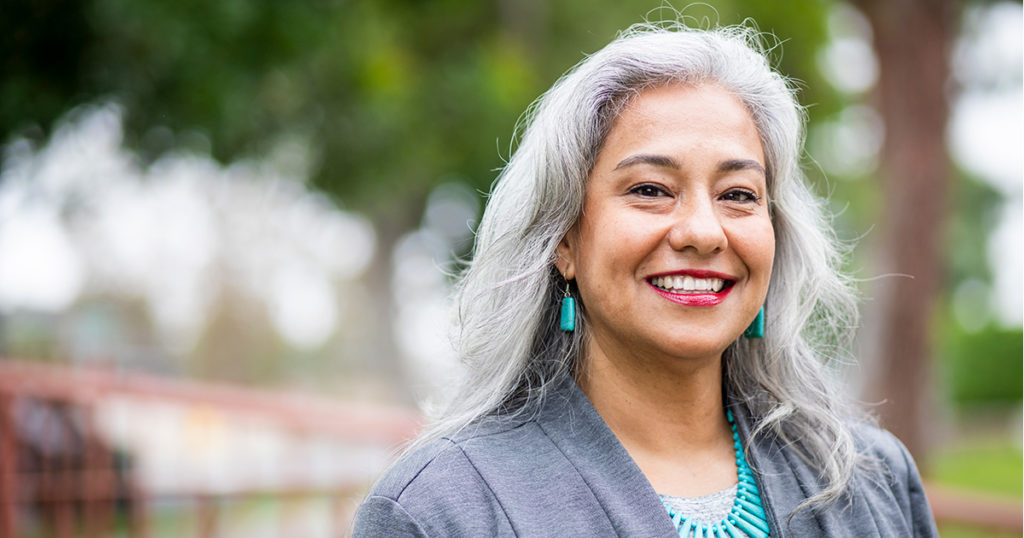
Many higher education faculty have had some experience teaching online. Although those instructors may find this information useful to their work in online teaching, this guide is designed primarily for those who have had little or no experience teaching university or college courses through distance learning, or online.
Dismiss the “knowledge gap”
To begin with, those of us with limited online teaching experience feel confounded with a “knowledge gap” that exists on how to transfer a classroom-based course effectively onto an online format. No need to panic – for a couple of reasons. Number one, you are the expert in your subject matter and it is widely known that teacher credibility has a large effect on the success of students. So the content will be a significant asset in bringing your course online. Number two, there are easily-accessed resources for you to use to guide your moving the curriculum into an online venue. A quick survey of these resources provided in our guide will get you started – or keep you going – in bringing your course online.
Apply best practices
As for best practices in teaching online, many have been adopted over the past few years. Here are a few examples:
For the time being, however, as one colleague put it, excellence in teaching online is not the goal in getting started; rather, “good enough-ness” in bringing higher education courses online should be the focus of your first efforts. There are a few practices that you already use in your classes that can be easily adopted in your online teaching as a “best practice” and that we know have a large proven effect on student achievement.
- Worked examples: step-by-step demonstration for your students in how to perform a task or solve a problem
- Deliberate practice: practice provided to your students that is focused on a specific goal that will improve performance
- Feedback: what you provide your students based on their performance
- Instructional scaffolding: used to model or demonstrate to students and then step back, with support as needed
Facilitate student engagement
And, finally, there is a keen interest in techniques, practices, and strategies that can be used to maximize student engagement when teaching and learning online. Again, an instructional strategy that you have used many times that can be adapted to online learning is classroom discussion. One successful adaptation of this age-old student engagement technique is “nested communities.” You can create nested communities by creating class groups, small peer groups, or study groups. This structure will offer students regular and frequent interactions that support academics, and social and emotional connections amongst your students.
In this uncertain climate, it’s important that learning continues, even if it can’t happen in person. Knowing where to find expertise and trusted sources of information on best practices for online teaching and learning is key as many rethink the learning environment from a much larger perspective. The resources shared here will help you get started and keep the learning going!
